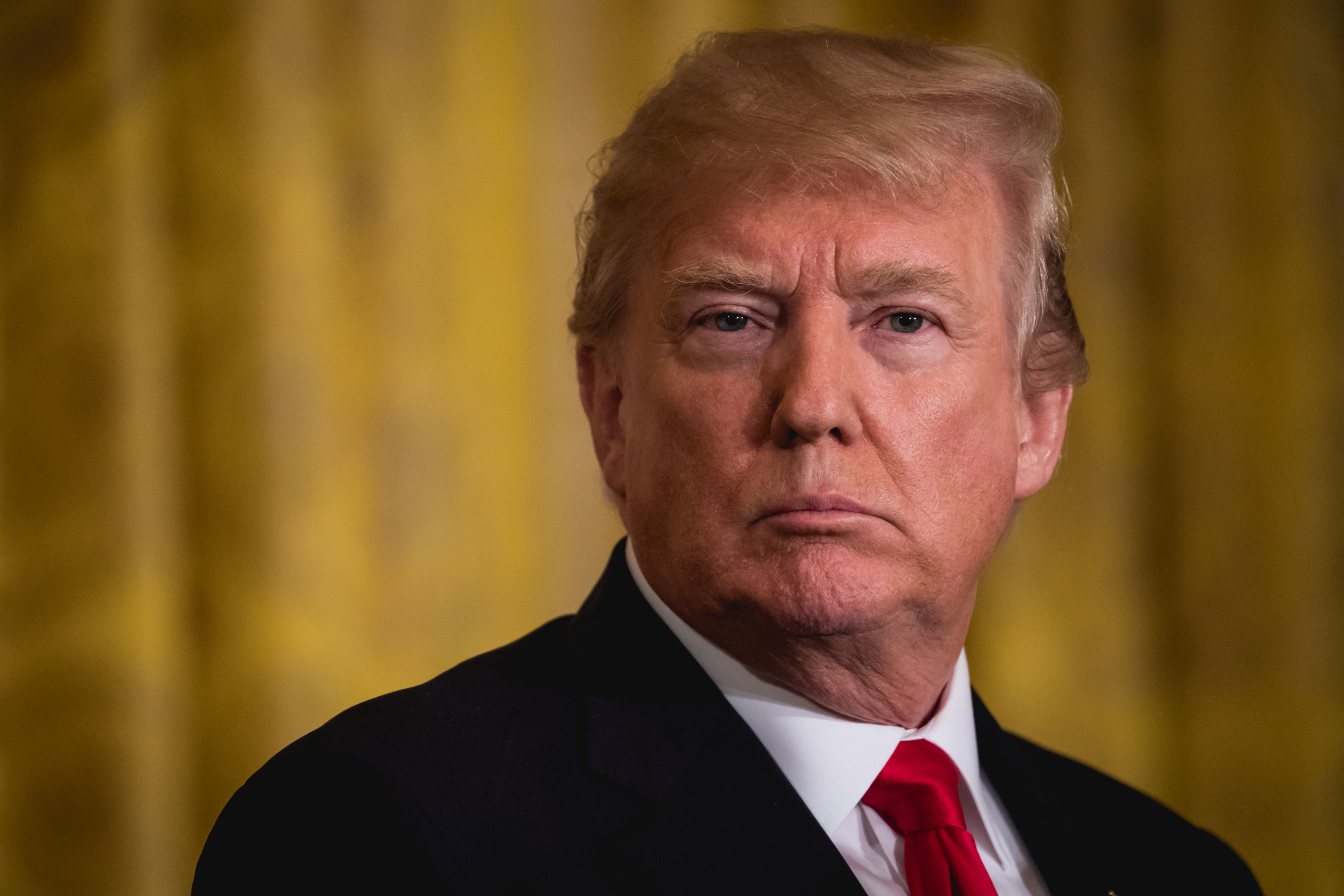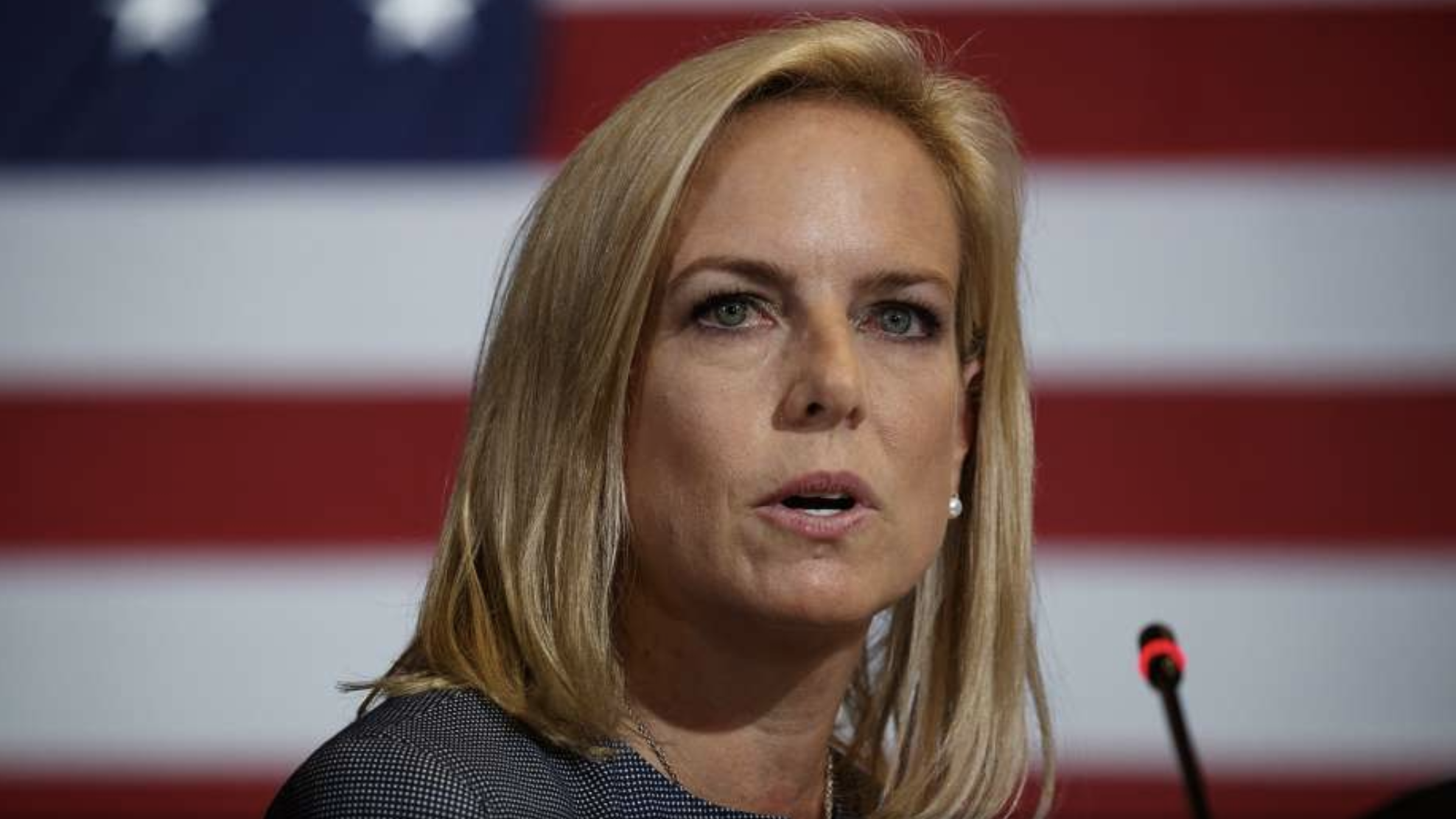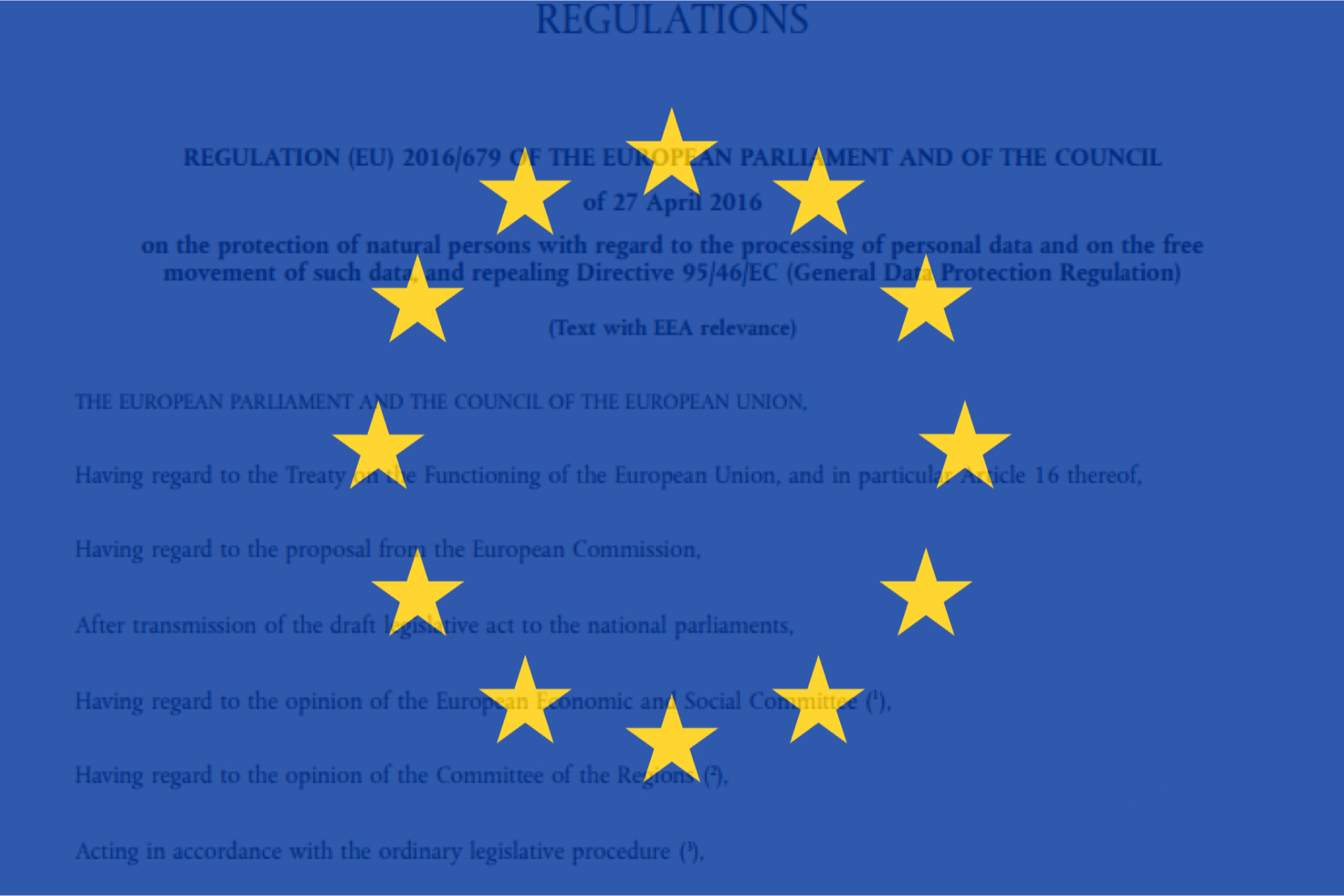Music
Trailers
DailyVideos
India
Pakistan
Afghanistan
Bangladesh
Srilanka
Nepal
Thailand
StockMarket
Business
Technology
Startup
Trending Videos
Coupons
Football
Search
Download App in Playstore
Download App
Best Collections
Technology
Google is ramping up its efforts to return to China. Earlier this year, the search giant detailed plans to bring its ARCore technology — which enables augmented reality and virtual reality — to phones in China and this week that effort went live with its first partner, Xiaomi.
Initially the technology will be available for Xiaomi Mix 2S devices via an app in the Xiaomi App Store, but Google has plans to add more partners in Mainland China over time. Huawei and Samsung are two confirmed names that have signed up to distribute ARCore apps on Chinese soil, Google said previously.
Googlecore services remain blocked in China but ARCore apps are able to work there because the technology itself works on device without the cloud, which means that once apps are downloaded to a phone therenothing that Chinainternet censors can do to disrupt them.
Rather than software, the main challenge is distribution. The Google Play Store is restricted in China, and in its place China has a fragmented landscape that consists of more than a dozen major third-party Android app stores. That explains why Google has struck deals with the likes of Xiaomi and Huawei, which operate their own app stores which — pre-loaded on their devices — can help Google reach consumers.
ARCore in action
The ARCore strategy for China, while subtle, is part of a sustained push to grow Googlepresence in China. While that hasn&t meant reviving the Google Play Store — despite plenty of speculation in the media — Google has ramped up in other areas.
In recent months, the company has struck a partnership with Tencent, agreed to invest in a number of China-based startups — including biotech-focused XtalPi and live-streaming service Chushou — and announced an AI lab in Beijing. Added to that, Google gained a large tech presence in Taiwan via the completion of its acquisition of a chunk of HTC, and it opened a presence in Shenzhen, the Chinese city known as ‘the Silicon Valley of hardware.&
Finally, it is also hosting its first ‘Demo Day& program for startupsin Asia with an event planned for Shanghai, China, this coming September. Applications to take part in the initiative opened last week.
- Details
- Category: Technology
Read more: Google brings its ARCore technology to China in partnership with Xiaomi
Write comment (96 Comments)After nearly a year of protest and litigation, the Department of Homeland Security finally announced late last week that it was moving ahead with plans to rescind the International Entrepreneur Rule, which would have allowed immigrant founders of startups to remain in the U.S. for up to five years.
The Obama-era initiative was designed to allow immigrants who were creating new companies (and new jobs) in the United States to remain in the country for two-and-a-half years (with the possibility for another two-and-a-half year extension) as long as they were meeting milestones for company growth and development.
It was an attempt to woo more immigrant entrepreneurs (a group thataccounted for the creation of over half of the startups in the U.S. that currently enjoy valuations of over $1 billion) to the country and make America more competitive at a time when countries from France to Singapore are doing more to bring startup founders to their shores.
Drafted two days before Donald Trumpinauguration, the rule-making was seen by many Republicans as an example of executive office overreach. It was certainly a response to Congress& inability to pass immigration reform legislation, at a time when other countries were making it easier for entrepreneurially savvy emigres to settle in their borders, according to Obama officials.
&It is very entrepreneurial, it is very free market-oriented, and so I think any Republican who is serious about business would have to take this rule seriously,& Leon Rodriguez, the former director of US Citizenship and Immigration Services under President Barack Obama who oversaw the creation of the rule, told Yahoo! Newsearlier this year.
For supporters of the Trump Administration, rescinding the rule is part of a broader crackdown on immigration in what it calls an attempt to secure American jobs and end executive abuses of immigration loopholes — specifically granting &parole&, a technical term for permission to remain in the U.S. for short-term stints.

(Photo by Cheriss May/NurPhoto via Getty Images)
&Parole is supposed to be reserved for short term and emergency purposes,& said Mark Krikorian of the Center for Immigration Studies, a conservative think tank with ties to the current administration. &Previous administrations have pushed the envelope on parole, and the Obama administration kicked right through the envelope and claimed that the existence of the parole authority meant that the president could admit anyone.&
Krikorian and other conservative economists draw a correlation between tighter immigration policies and more jobs for American workers. But most economists disagree with the assumption that fewer immigrants mean more jobs.
&The average American worker is more likely to lose than to gain from immigration restrictions,& Giovanni Peri, a professor of economics at the University of California, Davis toldThe New York Times in an interview last year.
Entrepreneurial ambition and technical skills are increasingly seen as necessary components for a globally competitive economy, and through a series of recent regulations (including this rescission of the International Entrepreneur Rule) the Trump Administration is blocking the U.S. from building the best engine for economic growth, according to many economists.
&The startup and venture community is very disappointed with DHSshort-sighted decision to turn away American jobs that would be created by the International Entrepreneur Rule,& said Bobby Franklin, President and CEO of the National Venture Capital Association, in a statement on Friday. &The facts are clear: our country needs more entrepreneurship, which is exactly what the International Entrepreneur Rule would bring. We will continue to explain to the administration why immigrant entrepreneurship benefits our country and must be supported by policymakers.&
Over the next 30 days, the public is being invited to comment on the rule change.
Less than a week before the rule was supposed to go into effect — on July 17, 2017 — the DHS said that it would be delayed and the department first stated its intention to get rid of the rule.
The NVCA and other plaintiffs argued successfully against the ruledelay on a technicality that the DHS did not solicit public comment. In December, a judge ruled in favor of the NVCA that the DHS should lift its delay and begin implementing the rule, but thereno indication that the DHS ever complied.
Legal proceedings are still ongoing — even as the DHS opens the door for public comment on the rulerescission.On May 9, 2018,NVCAand its co-plaintiffs filed a motion for discovery to find out whether DHS fully complied with the court order.
As the National Venture Capital Association noted in its statement, Canada, France, Germany and Singapore all have visas intended to draw entrepreneurs to their shores. And the historical experience of immigrants in the U.S. shows the value of more open borders.
Indeed over half of the technology companies with valuations of over $1 billion that were recently launched in the U.S. were founded by immigrant entrepreneurs, according to a 2016 study.
Immigrants have started more than half (44 of 87) of Americastartup companies valued at $1 billion dollars or more and are key members of management or product development teams in over 70 percent (62 of 87) of these companies. The research finds that among the billion dollar startup companies, immigrant founders have created an average of approximately 760 jobs per company in the United States. The collective value of the 44 immigrant-founded companies is $168 billion, which is close to half the value of the stock markets of Russia or Mexico.
Many of those company founders made their way to the U.S. as students, and as the country continues to tighten its borders and create more arduous roadblocks for immigration for everyone from students to startup founders, iteroding what was once a core strength, critics said.
Steps like demanding social media handles to review visa applicants& social media histories;tightening H-1B visa regulations;and things like the rescission of the entrepreneur rule all shape the ways in which potential emigres view the U.S. In a globally competitive market, roadblocks and obstacles will convince would-be job creators to look elsewhere to launch businesses.

Kirstjen Nielsen, secretary of homeland security. Photo: Evan Vucci / Associated Press
As Politico reported last month,U.S. international student enrollment dropped by an average of 7% in the 2017 to 2018 school year citinga preliminary surveyof nearly 500 colleges and universities by the Institute of International Education. Meanwhile, Canada enjoyed a surge in student applications.
As John Collison, the 27-year-old billionaire founder of Stripe,told the BBC, &People are less willing to move to the United States, they don&t even want to even enter the visa process because of what they perceive to be the political climate and how welcoming the country is towards immigrants.&
- Details
- Category: Technology
If members of the European Parliament thought they could bring Mark Zuckerberg to heel with his recent appearance, they underestimated the enormous gulf between 21st century companies and their last-century regulators.
Zuckerberg himself reiterated that regulation is necessary, provided it is the &right regulation.&
But anyone who thinks that our existing regulatory tools can reign in our digital behemoths is engaging in magical thinking. Getting to &right regulation& will require us to think very differently.
The challenge goes far beyond Facebook and other social media: the use and abuse of data is going to be the defining feature of just about every company on the planet as we enter the age of machine learning and autonomous systems.
So far, Europe has taken a much more aggressive regulatory approach than anything the US was contemplating before or since Zuckerbergtestimony.
The European ParliamentGlobal Data Protection Regulation (GDPR) is now in force, which extends data privacy rights to all European citizens regardless of whether their data is processed by companies within the EU or beyond.
But I&m not holding my breath that the GDPR will get us very far on the massive regulatory challenge we face. It is just more of the same when it comes to regulation in the modern economy: a lot of ambiguous costly-to-interpret words and procedures on paper that are outmatched by rapidly evolving digital global technologies.

Crucially, the GDPR still relies heavily on the outmoded technology of user choice and consent, the main result of which has seen almost everyone in Europe (and beyond) inundated with emails asking them to reconfirm permission to keep their data. But this is an illusion of choice, just as it is when we are ostensibly given the option to decide whether to agree to terms set by large corporations in standardized take-it-or-leave-it click-to-agree documents.
Therealso the problem of actually tracking whether companies are complying. It is likely that the regulation of online activity requires yet more technology, such as blockchain and AI-powered monitoring systems, to track data usage and implement smart contract terms.
As the EU has already discovered with the right to be forgotten, however, governments lack the technological resources needed to enforce these rights. Search engines are required to serve as their own judge and jury in the first instance; Google at last count was doing 500 a day.
The fundamental challenge we face, here and throughout the modern economy, is not: &what should the rules for Facebook be& but rather, &how can we can innovate new ways to regulate effectively in the global digital age&

The answer is that we need to find ways to harness the same ingenuity and drive that built Facebook to build the regulatory systems of the digital age. One way to do this is with what I call &super-regulation& which involves developing a market for licensed private regulators that serve two masters: achieving regulatory targets set by governments but also facing the market incentive to compete for business by innovating more cost-effective ways to do that.
Imagine, for example, if instead of drafting a detailed 261-page law like the EU did, a government instead settled on the principles of data protection, based on core values, such as privacy and user control.
Private entities, profit and non-profit, could apply to a government oversight agency for a license to provide data regulatory services to companies like Facebook, showing that their regulatory approach is effective in achieving these legislative principles.
These private regulators might use technology, big-data analysis, and machine learning to do that. They might also figure out how to communicate simple options to people, in the same way that the developers of our smartphone figured that out. They might develop effective schemes to audit and test whether their systems are working—on pain of losing their license to regulate.
There could be many such regulators among which both consumers and Facebook could choose: some could even specialize in offering packages of data management attributes that would appeal to certain demographics & from the people who want to be invisible online, to those who want their every move documented on social media.
The key here is competition: for-profit and non-profit private regulators compete to attract money and brains the problem of how to regulate complex systems like data creation and processing.
Zuckerberg thinks theresome kind of &right& regulation possible for the digital world. I believe him; I just don&t think governments alone can invent it. Ideally, some next generation college kid would be staying up late trying to invent it in his or her dorm room.
The challenge we face is not how to get governments to write better laws; ithow to get them to create the right conditions for the continued innovation necessary for new and effective regulatory systems.
- Details
- Category: Technology
As part of an ongoing effort to improve the regulatory conditions weathered by companies doing business in space, the Commerce Department has proposed to unify several offices under a new banner: the Space Policy Advancing Commercial Enterprise Administration.
The Trump administration offered hints, but few hard details, on how it aims to streamline federal oversight of space in a statement issued this week. Space Policy Directive 1 had to do with pursuing missions to the moon and Mars, and Directive 2 is more about housekeeping.
Part of that housekeeping directs Secretary of Commerce Wilbur Ross Jr to &transmit a plan to create a ‘one-stop shop& within the Department of Commerce for administering and regulating commercial space flight activities,& and he seems to have been eager to comply.
&At my department alone, there are six bureaus involved in the space industry. A unified departmental office for business needs will enable better coordination of space-related activities,& Ross wrote. &When companies seek guidance on launching satellites, the Space Administration will be able to address an array of space activities, including remote sensing, economic development, data-purchase policies, GPS, spectrum policy, trade promotion, standards and technology and space-traffic management.&
Some of these changes have been talked about for a while, so this shouldn&t come as a shock to the offices affected. In fact, they may be pleased to hear it. Space regulation is a mire of interdepartmental memos and red tape, and U.S. leadership in the launch and satellite industry has arguably been in spite of it, not because of it.
Unifying a few offices is a start, but it will take more than administrative shuffling to clear out the regulatory cobwebs. This new administration alone will need to be permanently established by Congress, funded, and oversight assigned. And the work of synchronizing, deduplicating, and otherwise improving our space policy across all the various branches of government will be the work of many years, not a season.
- Details
- Category: Technology
Read more: SPACE Administration would streamline federal oversight of commercial launches
Write comment (96 Comments)The Gillmor Gang — Frank Radice, Keith Teare, Denis Pombriant, Michael Markman, and Steve Gillmor . Recorded live Sunday, May 27, 2018. Digital cars, food, Hollywood, and other disruptions.
G3: Firedrills and Fascinators — Mary Hodder, Elisa Camahort Page, Francine Hardaway, Maria Ogneva, and Tina Chase Gillmor. Recorded live Friday, May 18, 2018.
@stevegillmor, @denispombriant, @fradice, @mickeleh, @kteare
Produced and directed by Tina Chase Gillmor @tinagillmor
Liner Notes
Live chat stream
The Gillmor Gang on Facebook
G3: Firedrills and Fascinators
G3 chat stream
G3 on Facebook
- Details
- Category: Technology
Read more: Gillmor Gang: Auto Immunity
Write comment (100 Comments)Pandora just launched a family version of its Premium service. For $14.99 a month, up to six users can access Premium features (the individual version costs $9.99 a month). The new subscription option was added with little fanfare and spotted earlier today by Android Police.
This better positions Pandora to compete with Spotify Premium and Apple Music, at least from a pricing perspective. Both of those services also offer family plans covering up to six people for $14.99 a month. An annual subscription to PandoraPremium Family is also available for $164.98 a year.
In addition to other Premium features, Premium Family includes a personalized playlist called Our Soundtrack that selects a mix of songs based on every family memberlistening habits. Pandora just finished rolling out personalized playlists last week, which it announced earlier this year in a bid to take on one of Spotifymost popular features.
Other Premium features include on-demand listening, playlist creation, downloads for offline listening, unlimited skips and replays, better audio and no ads.
- Details
- Category: Technology
Read more: Pandora now offers a Premium Family plan for $14.99 a month
Write comment (97 Comments)Page 5248 of 5614

 7
7





